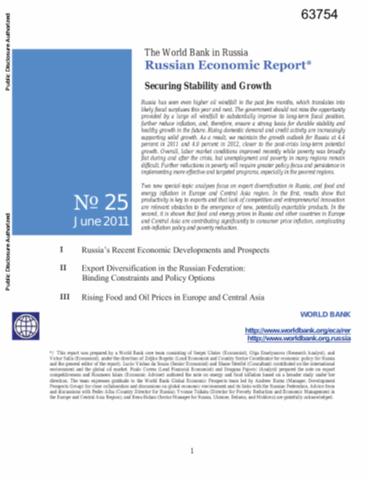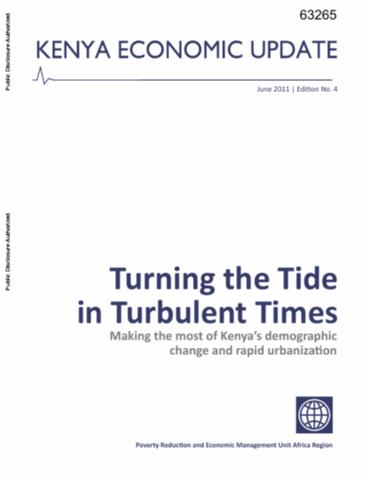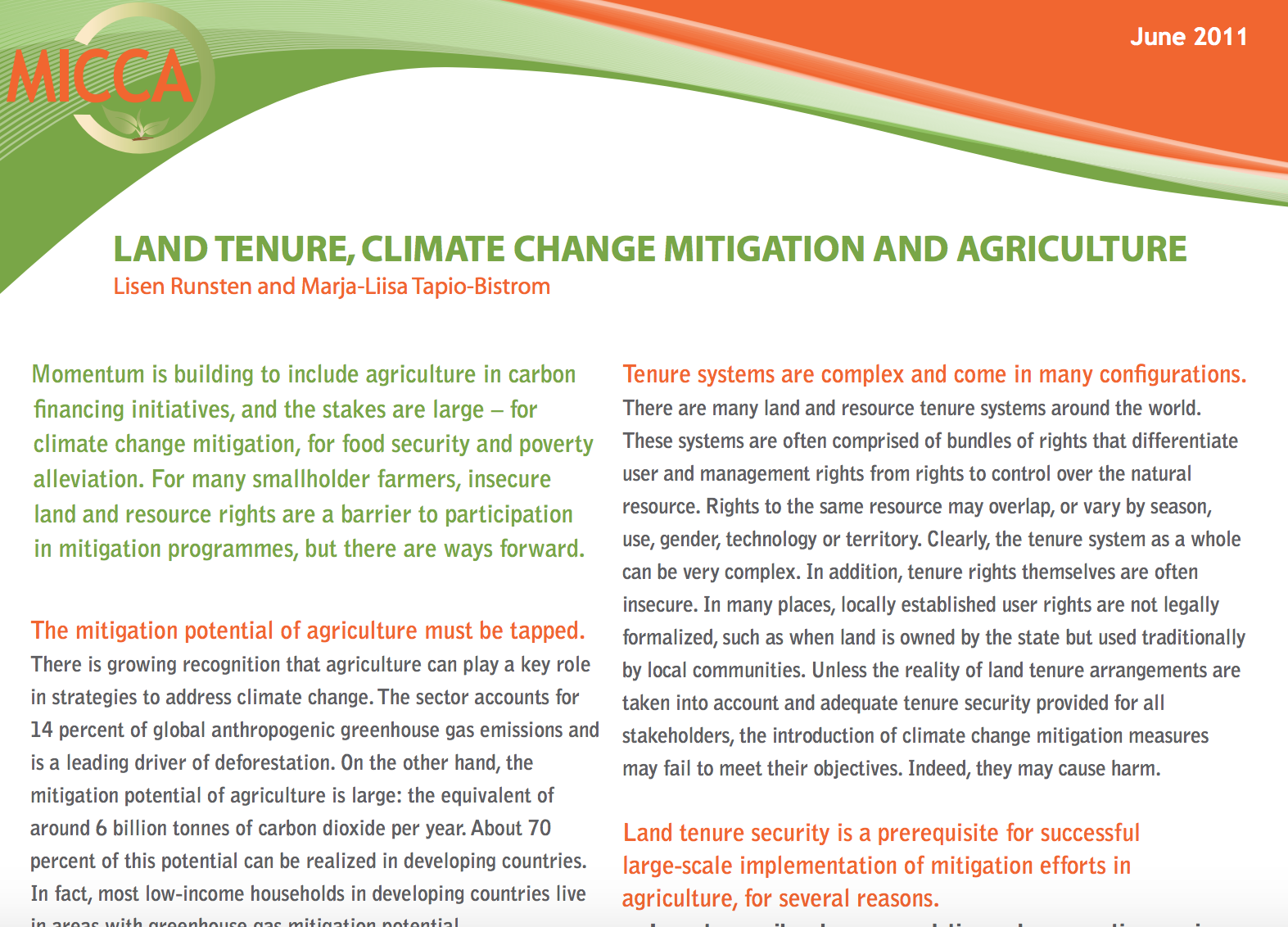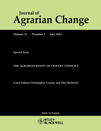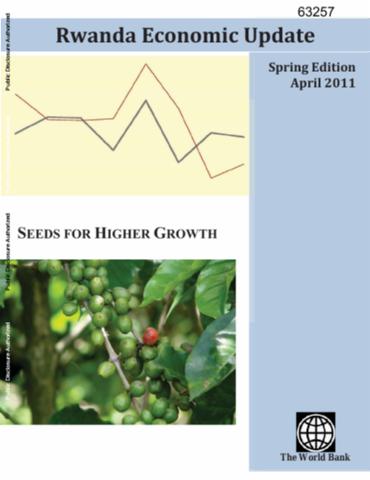Russian Economic Report, No. 25, June 2011
Russia has seen even higher oil windfall in the past few months, which translates into likely fiscal surpluses this year and next. The government should not miss the opportunity provided by a large oil windfall to substantially improve its long-term fiscal position, further reduce inflation, and, therefore, ensure a strong basis for durable stability and healthy growth in the future. Rising domestic demand and credit activity are increasingly supporting solid growth.

